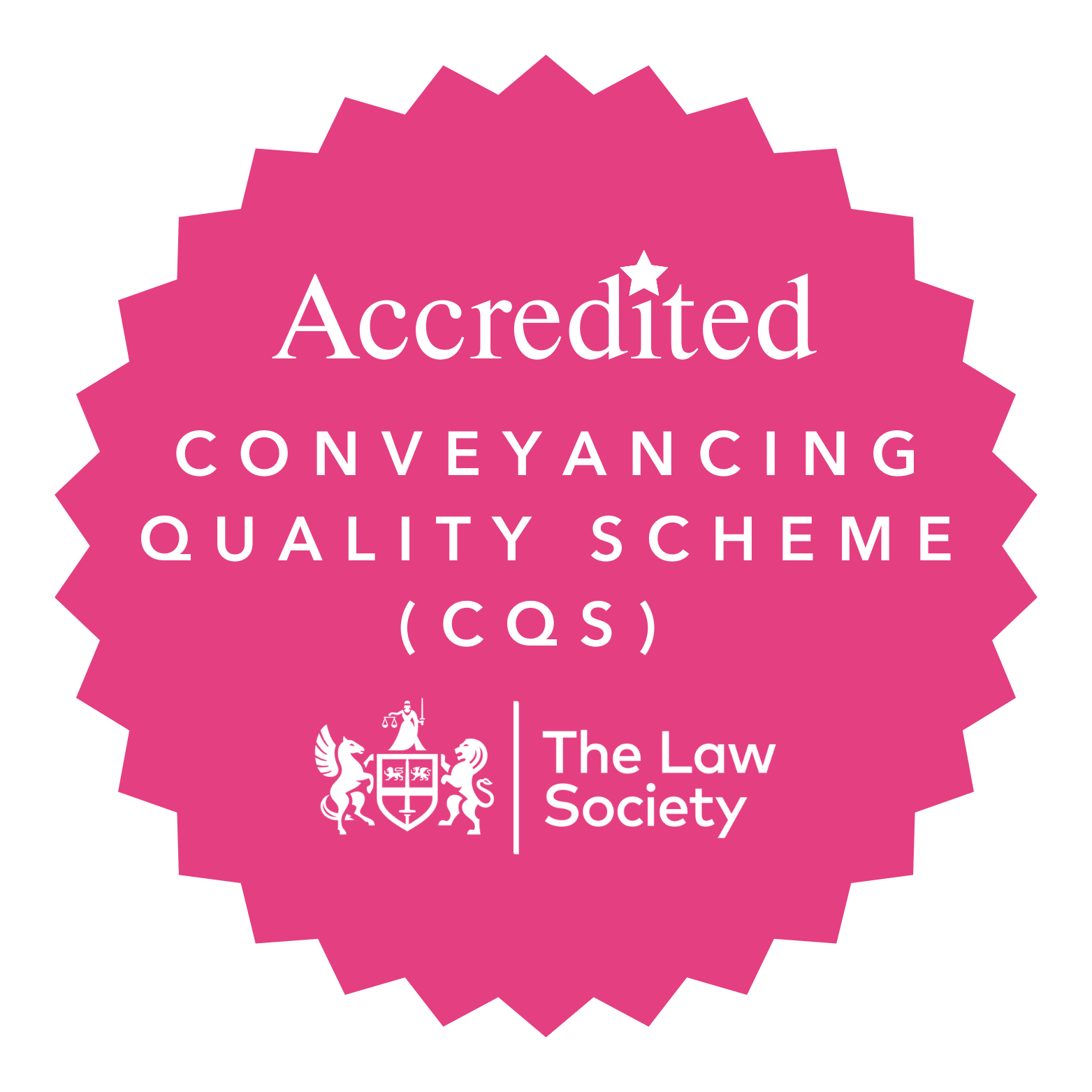By arranging an appointment with our expert team of Wills and Probate solicitors, you will gain the peace of mind knowing that the specific intentions you have for your home and possessions are carried out effectively. Creating a Will is a simple process, and it can be amended at any time. When you instruct a specialist solicitor at Franklins, we’ll ensure that no stone is left unturned, that your questions are answered and your needs met.
Estate Planning – More Than Just a Will
Estate planning brings together every part of your personal affairs – your Will, trusts, property, business interests and inheritance tax planning. Our estate planning solicitors can review your current arrangements, highlight any risks, and help you create a clear plan that protects your family’s future. Whether you already have a Will or are starting fresh, we’ll ensure everything fits together smoothly.
Our solicitors offer clear estate planning advice to help you build a lasting plan for your family.
Why Estate Planning Matters
Estate planning helps ensure your assets are managed and passed on according to your wishes – not left to chance or intestacy rules. It’s also about protecting your family from unnecessary tax, stress or disputes. Having a clear plan in place can make a difficult time easier for loved ones and give you confidence that everything has been properly arranged.
Example: Planning for Future Generations
Many of our clients combine their Will with trusts or lifetime gifts to support their children and grandchildren. For example, setting up a discretionary trust can help pass on property or savings in a tax-efficient way, while keeping control over when and how beneficiaries receive those assets.
When to Review Your Estate Plan
It’s sensible to review your Will and estate plan every few years, or after major life events such as marriage, divorce, the birth of a child, or buying property. Our solicitors can help ensure your arrangements remain accurate and up to date.















